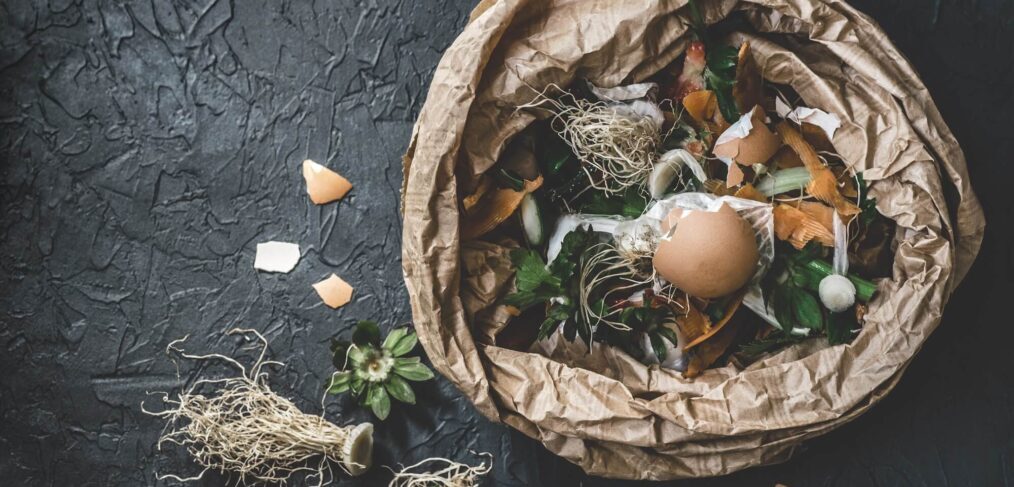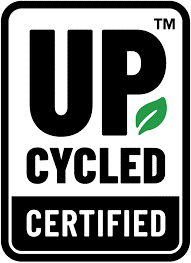
Reducing Food Waste Through Upcycled Food
Food waste is a global problem that affects the economy, the environment, and society – both globally, and in the country in which we reside. It is also considered a global problem due to the level of starvation people encounter. It is estimated that food waste costs the global economy $936B a year. From a human perspective, it is estimated 931 million tonnes of food go to waste each year with consumer households responsible for 61%.[i] According to the National Waste Council, Canadian households waste 2.2 million tonnes of edible food each year, costing the average household over $1,100 dollars each year.[ii] In the era of the environment, it is estimated 10% of global greenhouse gas emissions come from such waste.[iii] According to Project Draw Down, the # 1 solution to reducing global warming is by preventing food waste. It is estimated we can reduce 87 Trillion Tonnes of CO2 emissions.[iv] In 2019, UpCycled Food Association (www.upcycledfood.org) commenced operations with a mission to “Reduce Food Waste”.
What is Upcycled Food?
The million-dollar question: What is UpCycled Food? “UpCycled Food is the easy way for anyone to prevent food waste through the products they buy”. “UpCycled Products uses otherwise wasted food ingredients to make a new high-quality product”. (Turner Wyatt – CEO and Co-Founder, UpCycled Food Association.
As noted by Mr. Wyatt – “The First Driven Consumer Product Solution to Food Waste”. Whole Foods declared Upcycling one of the top food trends to watch for in 2021 moving forward.
A report produced by Future Market reveals that the UpCycled food market is worth $46.7B with an expected compounded annual growth rate of 5% over the next 10 years.[v] In 2 years, more than 170 members across 20 countries have joined the UpCycled Food Association. In place of waste, these businesses see a revenue tool in which to sell off their waste. Take Too Foods is one such example. They upcycle nutrient-rich grain and transform it into delicious plant-based Barleymilk.
Extensive consumer research undertaken by UpCycled Food Association revealed:
- Consumers view upcycled food as a distinct food group, as is organic food.
- Though the average consumer feels upcycled food should be less expensive than their traditional counterpart, the right messaging increases consumers’ willingness to pay more than for conventional or organic foods.
- If the UpCycled certified logo is on the packaging, consumers expect to pay more.
- More than 50% of consumers reveal there is a greater intent to purchase products with this logo than those without it.

Research reveals 99% of consumers care about food waste[vi]. The UpCycled certified logo helps leverage consumers’ desire to reduce food waste. For every product, here’s how much food waste is being averted from landfills. To date, UpCycled Food Association has prevented 700M pounds of waste.
The UN Sustainable Development Goal is to reduce food waste by half by 2030. 60% of consumers want to see more upcycled products on shelves.[vii] For those who prefer upcycled ingredients, here are the Top 3 reasons what makes them better in quality:
- Sustainability
- Healthiness / Nutrition.
- Freshness
Everyone has a role to play in addressing food loss and waste. Food that is produced but not eaten ends up in landfills and creates methane, a powerful greenhouse gas. What role is your household playing to reduce food waste?
References:
[i] The World’s Food Waste Problem is Bigger Than We Thought – Here’s What We Can Do About it, www.weforum.org, March 2021
[ii] Food Waste, www.toronto.ca
[iii] Food Waste, A Global Problem, www.toogoodtogo.org,
[iv] The Hartman Group Podcast Interview with Turner Wyatt, CEO and C0-Founder, UpCycled Food Association, December 2021
[v] UpCycled Food is the Coolest Trend You’ve Probably Never Heard Of, www.forbes.com, May 2021
[vi] The Hartman Group Podcast Interview with Turner Wyatt, CEO and C0-Founder, UpCycled Food Association, December 2021
[vii] Upcycled Food: Trend or Transformation, www.foodindustryexecutive.com, November, 2020





